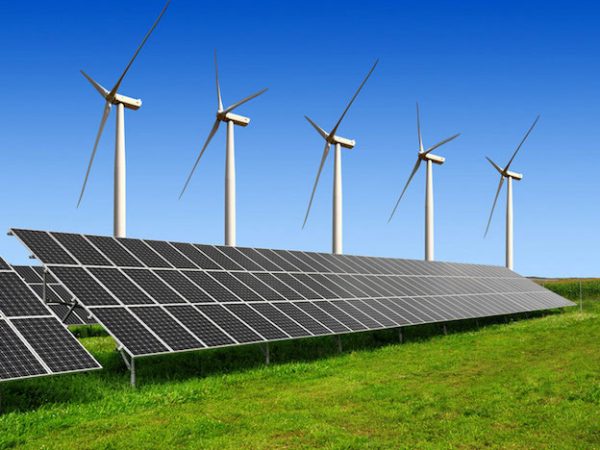
The best things in life are free
Explore Australia’s current use of renewable and non-renewable energy. They engage in a series of engaging interactive activities that step them through learning the challenges of balancing energy consumption in a way that both conserves our planet and maintains population and industry growth. A number of contemporary questions are posed for students to consider.
Background Information:
Extend student interest limiting the use of fossil fuels by focusing on Australia’s contemporary approach to renewable energy. Using engaging interactives students make decisions that are mapped and graphed. A series of short videos provide students with a range of thought provoking approaches and opinions. Students will demonstrate and check their understanding through a series of online quizzes. The associated on-site course, Renewable Energy, provides hands-on opportunities to build and model sustainable solutions.
Year Level: 7 – 8
Prior Knowledge:
Students need a basic understanding of the concept of sustainability and its importance to the planet.
Course Connections:
Does this course link to other Ecolinc programs?
This course is an ideal introduction to the following onsite program:
or this course can stand alone as a learning experience.
Learning Intentions:
- Students will be able to explain the underlying principles behind a range of renewable energies, their advantages and disadvantages.
- Students will investigate the issues around balancing renewable and non-renewable energies to address our daily needs.
- Students will be able to make informed decisions addressing future energy needs based on projected scientific data.
Estimated Duration: 50 minutes
Victorian Curriculum:
Science – Science as a human endeavour
- Science and technology contribute to finding solutions to a range of contemporary issues; these solutions may impact on other areas of society and involve ethical considerations (VCSSU090)
Science – Earth and space sciences
- Some of Earth’s resources are renewable, but others are non-renewable (VCSSU100)
Science – Physical sciences
- Energy appears in different forms including movement (kinetic energy), heat, light, chemical energy and potential energy; devices can change energy from one form to another (VCSSU104)
Science – Science Inquiry skills (Questioning and predicting)
- Identify questions, problems and claims that can be investigated scientifically and make predictions based on scientific knowledge (VCSIS107)
Science – Science Inquiry skills (Analysing and evaluating)
- Use scientific knowledge and findings from investigations to identify relationships, evaluate claims and draw conclusions (VCSIS111)
Design and Technologies – Technologies and society
- Examine and prioritise competing factors including social, ethical, economic and sustainability considerations in the development of technologies and designed solutions to meet community needs for preferred futures (VCDSTS043)
Design and Technologies – Technologies contexts
- Analyse ways to create designed solutions through selecting and combining characteristics and properties of materials, systems, components, tools and equipment (VCDSTC048)
Course Creator: Jo Tate
